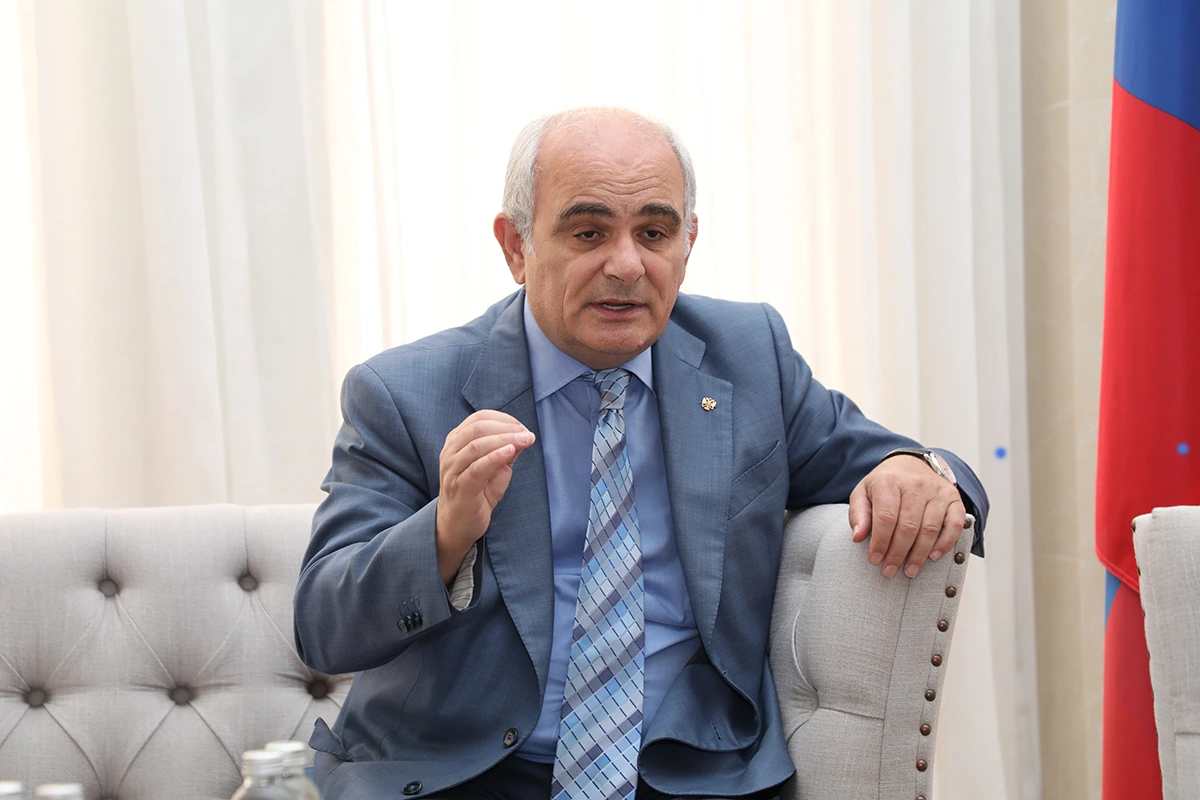A New Era for Online Speech in Sri Lanka?
As Sri Lanka forges ahead in strengthening its digital governance framework, a key focus has emerged: tightening controls on online content through amendments to the Online Safety Act, No. 9 of 2024(Online Safety). The proposed amendments, while framed as protective measures, have sparked concern among advocates of Web3 innovation, crypto education, and digital free speech.
With the global spotlight on blockchain technology and cryptocurrencies, Sri Lanka stands at a crucial crossroads. Can it embrace the innovation Web3 offers while still maintaining responsible digital regulation? Or are we treading dangerously close to censorship under the guise of “safety”?
What Is the Online Safety Act?
Introduced in early 2024, the Online Safety Act created the Online Safety Commission, a state-appointed body empowered to identify, monitor, and restrict content deemed “harmful” or “prohibited.” It aims to curb cyberbullying, hate speech, misinformation, and digital threats to national security.
The law’s intentions are legitimate—Sri Lanka, like many countries, faces rising cases of online scams, coordinated disinformation, and digital harassment. But critics argue that the Act grants excessive, unchecked power to regulators, risking misuse.
What’s New in the Proposed Amendment?
The proposed amendment goes further by clarifying and expanding what constitutes “prohibited content.” It includes statements that:
- Undermine public trust in institutions
- Promote “false or misleading” investment information
- Encourage “unauthorized financial practices”
- This is where it gets tricky for the crypto and Web3 community.
While the Act does not explicitly ban discussion of cryptocurrencies, the broad scope of the amendment could be interpreted to silence educational, promotional, or exploratory content related to blockchain technology, DeFi, NFTs, and crypto-based startups.



Crypto Under Fire? A Legal Grey Area
The Central Bank of Sri Lanka (CBSL) has long maintained that cryptocurrencies are not recognized as legal tender. It has also prohibited the use of credit or debit cards for crypto transactions.
The CBSL frequently issues public warnings about crypto scams and high-risk investments. However, it does not ban speaking about or educating the public on blockchain or decentralized finance (DeFi).
This legal grey zone is where the new amendment may cause friction. If someone shares a blog post or podcast explaining how smart contracts or NFTs work, would that now fall under the definition of “promoting unauthorized financial practices”?
The lack of clarity is what has technologists, entrepreneurs, and digital rights advocates worried.
Education vs. Promotion: Where’s the Line?
Sri Lanka’s digital creators, fintech enthusiasts, and Web3 innovators often create content to educate the public about this emerging space. Platforms like YouTube, LinkedIn, and even TikTok host tutorials on:
How blockchain works
- The role of crypto in global finance
- NFT art and collectibles
- Web3 career opportunities
- But under the Online Safety Act’s proposed wording, even well-intentioned educational content may be misinterpreted—especially if it discusses investments, exchanges, or tokens.
This raises pressing questions:
- Will journalists or bloggers covering crypto be penalized?
- Will startups working in the blockchain space face scrutiny?
- Can crypto educators still run workshops or online courses?
- Without clear legal boundaries, content creators are left in limbo.
The Global Context: Sri Lanka Can’t Be Left Behind
Globally, countries are taking measured steps to regulate crypto without stifling innovation:
- The EU’s MiCA regulation offers a structured framework for crypto businesses.
- Dubai and Singapore have emerged as Web3 hubs due to clear, innovation-friendly laws.
- Even India, while cautious, permits crypto exchanges under certain guidelines(Online Safety).
- If Sri Lanka adopts a strict or ambiguous regulatory approach, it risks isolating itself from this global digital economy. The country’s youth, developers, and tech entrepreneurs deserve access to Web3 opportunities.
Instead of banning information, we need frameworks for safe adoption, clear disclaimers, and public awareness campaigns.



What Industry Voices Are Saying
Tech professionals, digital law experts, and freedom-of-expression groups in Sri Lanka have voiced concerns:
- “The amendment could unintentionally criminalize innovation,” says one local startup founder. “We’re trying to build the next generation of tech tools, not run scams.”
- “Education is our first defense against fraud. Silencing crypto education will only make the public more vulnerable to bad actors,” warns a blockchain educator.
- “There’s a difference between reckless promotion and responsible exploration(Online Safety). That difference should be protected in law,” adds a Colombo-based attorney.
- Striking the Balance: What’s the Way Forward?
- Rather than suppressing conversation, Sri Lanka can lead with clarity:
Define “unauthorized financial practices” with precision
- Ambiguity leads to fear. Clear legal definitions are essential for innovation to thrive.
- Protect educational and journalistic freedom
- Let professionals share knowledge about Web3, blockchain, and crypto responsibly.
- Work with tech communities to co-regulate
- Involve the people actually building digital tools to shape sensible regulation.
- Empower—not penalize—the public
- Encourage digital literacy and help people make informed decisions rather than criminalizing conversation.
- Final Thoughts: The Future Is Decentralized—Let’s Not Miss It
- Sri Lanka has the talent, creativity, and curiosity to participate in the Web3 revolution. But for that to happen, the regulatory landscape must support—not suppress—innovation.
The Online Safety Act amendments must avoid becoming a tool for silencing discussion. Instead, they should focus on protecting users from harm while safeguarding freedom of thought and expression.
In the race toward a digital future, the question isn’t whether we should regulate(Online Safety). It’s how to regulate wisely, transparently, and fairly.
If we get it right, Sri Lanka won’t just be a safe place online—it’ll be a smart, future-ready one too.





